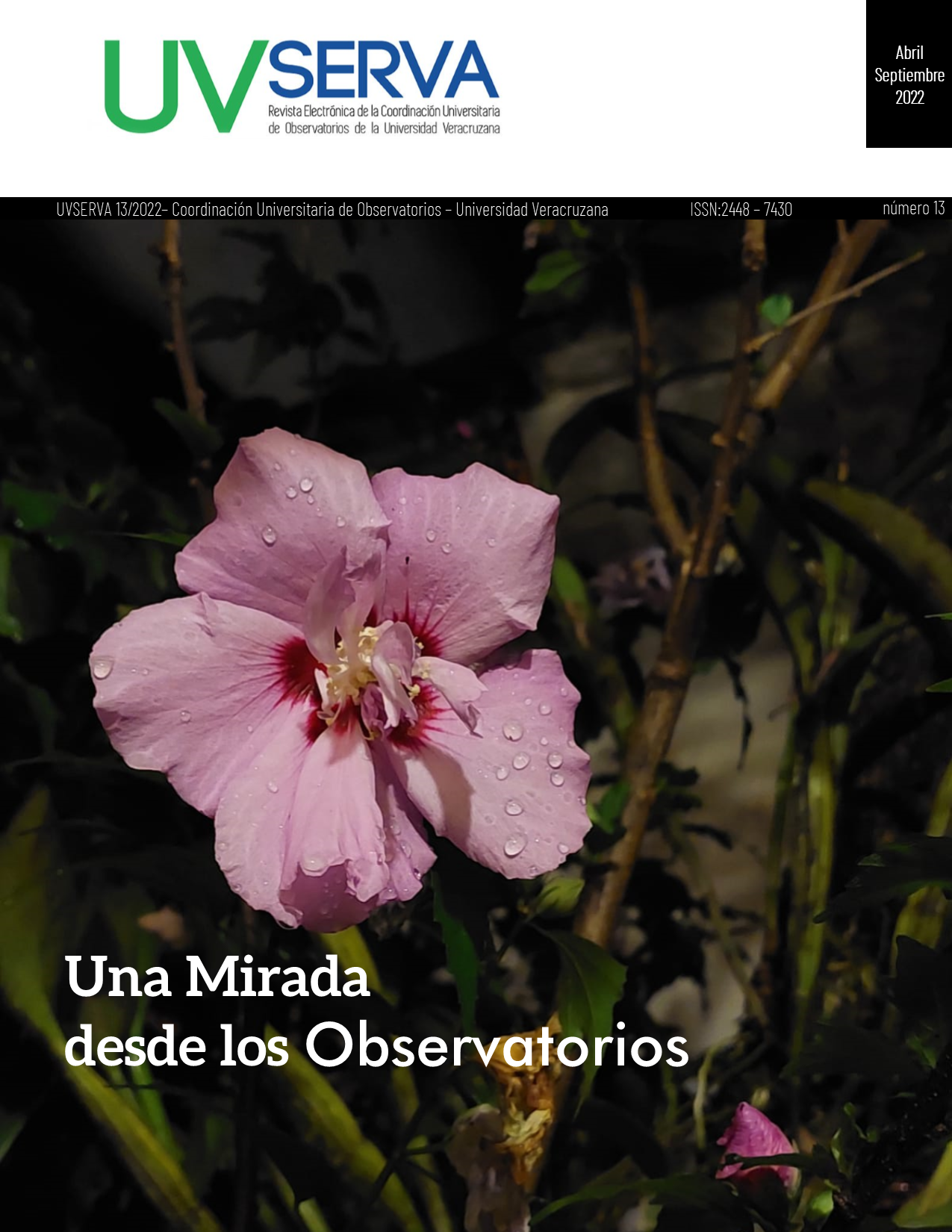Abstract
The results obtained are part of the study "Anxiety, depression, lifestyles and well-being in the current sociocultural context" developed in 2021, specifically in the Lifestyles variable. The research is based on the premise that confinement and social distancing strategies in the context of the COVID-19 pandemic have resulted in changes in the healthy lifestyles of the population group studied. Two information surveys were applied in the year, the first with 658 participants (34.2% women and 65.8% men), the second with 751 persons (35.9% women and 64.1% men. The results show that most of the areas of healthy lifestyles decrease in the second application. Although the data obtained do not allow generalization, they can be considered as a reference for the development of management strategies for healthy lifestyles and thereby influence well-being levels.
References
Asociación Médica Mundial [ (2013). Declaración De Helsinki de la AMM. Principios Éticos Para Las Investigaciones Médicas En Seres Humanos. https://bit.ly/3jSTY3D
Chi, X., Liang, K., Chen, S. T., Huang, Q., Huang, L., Yu, Q., Jiao, C., Guo, T., Stubbs, B., Hossain, M. M., Yeung, A., Kong, Z., & Zou, L. (2021). Mental health problems among Chinese adolescents during the COVID-19: The importance of nutrition and physical activity. International Journal of Clinical and Health Psychology, 21(3), 100218. doi.org/10.1016/j.ijchp.2020.100218
Domínguez-Lara, S., Martín-Diaz, A., Ramírez-Colina, S. y Campos-Uscanga, Y. (2019). Análisis estructural de una escala de estilos de vida saludables en estudiantes universitarias mexicanas. Revista Cubana de Enfermería, 35(3). https://bit.ly/3jP561w
Intelangelo, L., Molina Gutiérrez, N., Bevacqua, N., Mendoza, C., Guzmán-Guzmán, I. P., & Jerez-Mayorga, D. (2022). Effect of Confinement by COVID-19 on the Lifestyle of the University Population of Argentina: Evaluation of Physical Activity, Food and Sleep (Efecto del confinamiento por COVID-19 sobre el estilo de vida en población universitaria de Argentina: Evaluación de la actividad física, alimentación y sueño). Retos: Nuevas Perspectivas de Educación Física, Deporte y Recreación, 43, 274–282. doi.org/10.47197/retos.v43i0.88461
Organización Mundial de la Salud (1998). Promoción de la salud. Glosario. https://bit.ly/3Mkv5Kv
Organización Panamericana de la Salud (2020). Informe COVID 19 CEPAL – OPS. Salud y economía: una convergencia necesaria para enfrentar el COVID-19 y retomar la senda hacia el desarrollo sostenible en América Latina y el Caribe. https://bit.ly/3uWFFRU
Santacruz, J. C. (2021). Del aislamiento por la pandemia COVID-19. Análisis y perspectivas de dos de sus efectos. Perspectivas en nutrición humana, 23(1), 9–12. doi.org/10.17533/udea.penh.v23n1a01
Secretaría de Salud (1983). Reglamento de la Ley General de Salud en Materia de Investigación para la Salud. http://www.salud.gob.mx/unidades/cdi/nom/compi/rlgsmis.html
Secretaría de Salud (2013). Norma Oficial Mexicana NOM-012-SSA3-2012. https://bit.ly/3uWidV1

This work is licensed under a Creative Commons Attribution-NonCommercial 4.0 International License.
Copyright (c) 2022 León Felipe Beltrán-Guerra, Jorge Luis Arellanez-Hernández


